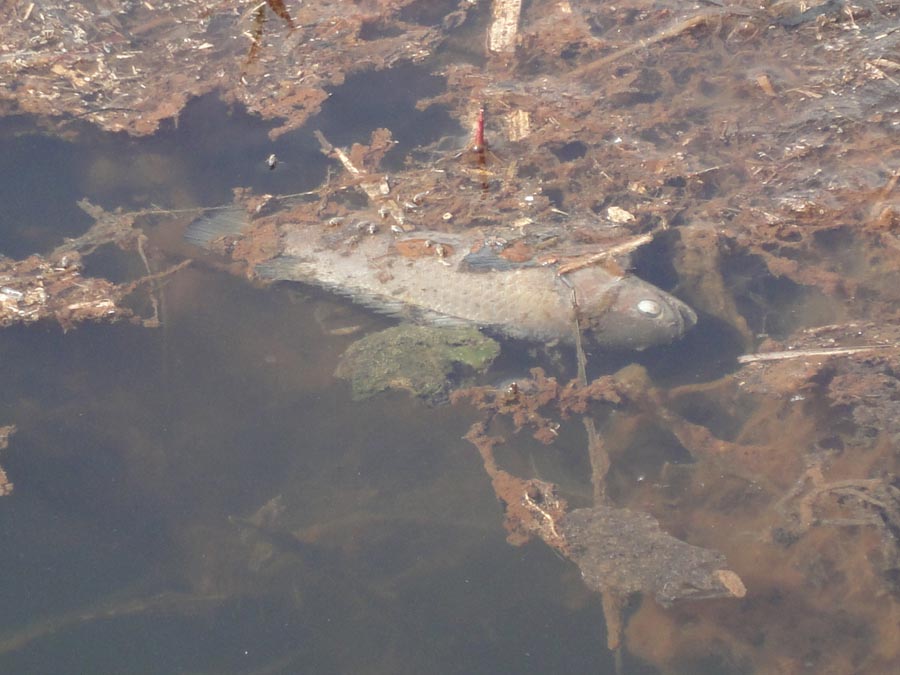
The project director of LDA, Th Ibobi stated that the heavy insecticide contamination resulted from fisherman indulging in a very detrimental and hazardous fishing method in the lake by using Hildan insecticide, particularly in Maibam Phumlak area near Phubakchao.
Consequently, a team of LDA has verified the high level of water quality contamination and large scale death of fishes as a result of the disastrous fishing practice.
The LDA appealed to the fishermen not employ such techniques which would damage the eco-system and cause serious health hazard.
Reacting to the LDA appeal, leading environmentalist RK Ranjan chided state authorities for its belated response to the widespread use of insecticides by fishermen in the Loktak lake.
Mr Ranjan said, ‘we have been raising this issue with the government since 1975 but it fell on deaf ears.’
RK Ranjan is also a noted geographer and presently director of the College Development Council of Manipur University.
He further said, the fishermen community in and around the lake had been using traditional methods of fishing before the Loktak Hydro-electric Project and construction of Ithai Barrage.
There are two fishing seasons in a year, one at the beginning of monsoon and another at the onset of winter.
But after the construction of the Ithai Barrage, the rise and fall of the water level in the lake was disrupted and it remains constant throughout the year. With that, the traditional methods were no longer applicable and they began resorting to newer methods of fishing like use of insecticides.
Mr Ranjan said, ‘it is not only in fishing but people has started using insecticide in snaring wild geese and fowls. They injected grasshoppers with insecticide and disperse them on the phumdis as bait for the fowls.’
‘If the government is really serious about the issue, it should encourage people’s participation in the management of the lake,’ he added.
